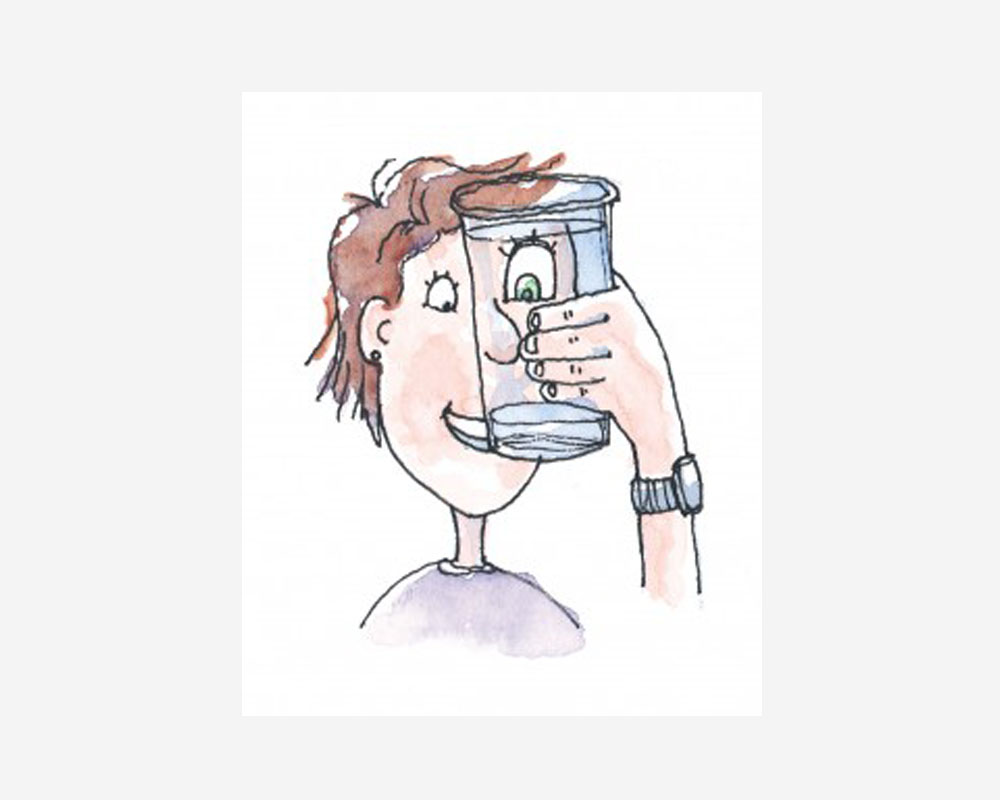Using Chlorinator Systems To Remove Bacteria




It is best to address your bacteria problem as soon as possible in order to keep it under control, and will even save time and money in the long run.
If your well has recently tested positive for coliform bacteria, a chlorination system can be the best method for removing bacteria.
Chlorine can be easily and inexpensively injected into water to kill bacteria, inactivate viruses, and/or treat water for odor, iron or manganese.
Why use a water well chlorinator?
The main advantages of chlorination is that the chlorine injection is relatively inexpensive to set up, and the chlorine residual can also be inexpensively detected in the distribution lines of the piping system, assuring proper disinfection.
In other words, unlike UV sterilizers or ozone, which are also used for disinfection, a chlorine residual can be easily detected, which usually means the water is properly disinfected.
The most common way to chlorinate home or small community water systems is by the use of a metering pump which pumps a small amount of liquid chlorine bleach into the water. Sufficient contact time must be allowed for the chlorine to be effective.
A carbon backwash filter can be used to remove the chlorine before it enters the home if desired.
Liquid chlorine (bleach) is injected right out of the well, before the pressure tank. Typically a contact tank is used to allow sufficient contact or retention time for the chlorine or hydrogen peroxide to work properly.
Which chlorinator (metering pumps and solution tank) should I get for my application?
If you are a homeowner with a well pump that has a 1/2 hp to 1 hp pump, our chlorinator J-PRO Series pump systems provide the lowest maintenance and are the easiest to use. These systems are easily adjustable to get the correct chlorine residual you need.
If you want to use a pellet feeder, we also offer chlorine pellet feeders that drop chlorine pellets down the well each time the well runs. The chlorine residual can be a little harder to control with a chlorine pellet feeder and are more expensive to operate than the Stenner systems which use chlorine bleach.
For more help on chlorinator systems, visit our FAQ Page. If you still have questions, don’t hesitate to e-mail us at support@cleanwaterstore.com, leave us a message on Facebook, or use our online contact form for prompt, personalized assistance from our trained professionals. Thanks for reading!
Recent Posts
Water Quality for Horses and Livestock: A Guide to Healthier Barns and Pastures
Clean water is the cornerstone of animal health and productivity. Whether you're raising horses, cattle,…
Clean Drinking Water for Cats: What Every Cat Owner Should Know
Why Clean Drinking Water Matters for Cats Hydration is critical to a cat’s overall health,…
Pet Hydration: What to Know About Water Safety
Clean Drinking Water for Dogs: What Every Dog Owner Should Know Clean drinking water is…
How to Ensure Fresh, Safe Water for Your Birds: Daily Care Tips for Bird Owners
Why Filtered Water for Birds Is Essential for Their Health Like food, clean drinking water…
U.S. Water Problems by Region: Common Contaminants & Solutions
Curious about U.S. water problems by region? Water quality isn’t just a national issue—it’s a…
Wildfire Water Contamination: How to Ensure Safe Water After a Fire
Wildfire Water Contamination: What You Need to Know After the Fires Drinking water contamination is…

